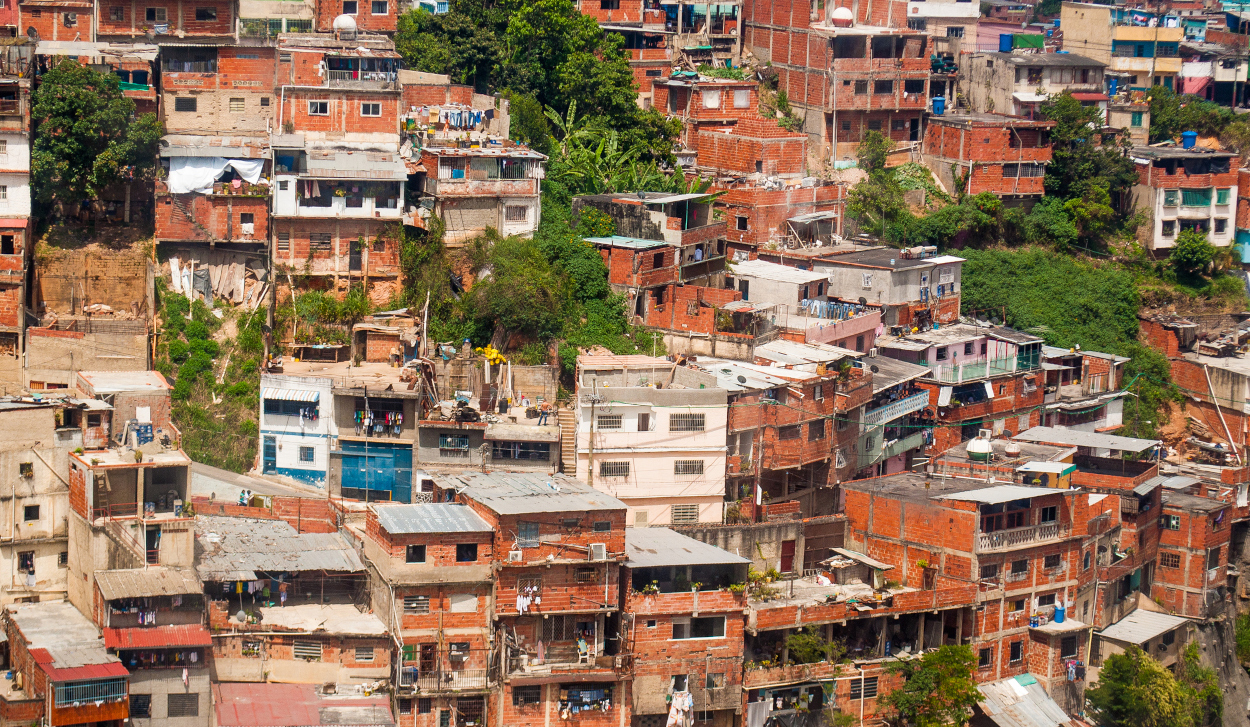Venezuela: Significant sanction relief from the USA but the threat of a sanction reversal looms

Event
Mid-October, the US Treasury issued a six-month licence allowing Venezuela to produce, sell and export crude oil and gas to any country (except Russia) until April 2024. This announcement came after months of negotiations between the USA and Venezuela and just a day after a deal between the Venezuelan government and opposition parties concerning the 2024 presidential elections was reached. The USA also lifted restrictions on dealings with state gold mining company Minerven, and on secondary trading of sovereign bonds and debt from state oil company Petróleos de Venezuela (PDVSA). A renewal of this sanction relief is possible after April 2024, but depends on the Venezuelan government’s progress with several demands of the USA.
Impact
The recent announcement of the USA is a significant easing of sanctions that were imposed since 2019, after President Maduro was inaugurated for a second six-year term. However, it comes with an important caveat: the USA warned that sanctions easing could be reversed at any time. An important trigger for reversal could be if the Venezuelan government fails to follow through with other US demands, such as lifting public bans on several opposition candidates. Given that it is very questionable if President Maduro will allow a fully competitive presidential election, the sanction relief could be (partially) reversed in the coming months. On top of that, a non-binding referendum on disputed territory in Guyana, organised by Venezuela and scheduled for 3 December, could also lead to a partial reversal of the sanction relief.
Despite significantly less sanctions, EU banks remain highly reluctant to facilitate transactions with Venezuela. The main reasons are the possibility that sanction relief can be easily reversed, reputational risks, and extensive regulatory compliance requirements as not all sanctions on Venezuela have been lifted. Next to UN and EU sanctions, there are still US sanctions on most financial institutions and individuals that remain in place. A comprehensive sanctions relief from the USA is currently not on the table and is unlikely to be discussed in the coming year. Given these elements, cross border payments and transactions between Venezuela and the EU remain hugely constrained.
Venezuela is classified in the highest country risk category, 7/7, for ST and MLT political risk. In the current context, the risk classifications remain unchanged.
Analyst: Jolyn Debuysscher – J.Debuysscher@credendo.com